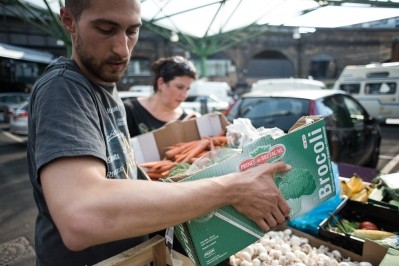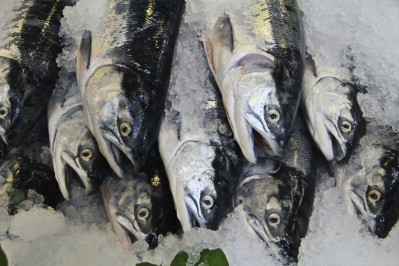What a waste: Stocking EU food banks

The European Federation of Food Banks (FEBA) - which brings together 253 food banks in 21 countries in Europe - cites Danone, Kellogg’s, Nestle, Unilever and Kraft Foods as some of the food giants donating to the service.
Yet as unemployment and job insecurity continues across Europe - particularly in Southern countries such as Italy, Greece and Spain - and the number of people using these services remains on the increase, what more can be done to help?
Rising need for food banks
According to the Trussell Trust, the UK's largest organiser of food banks, in 2011-12 an estimated 130,000 people received at least three days' emergency food. The same organisation put this figure in 2012-13 at 346,992 people, of which 126,889 were children.
In 2012, the European Food Banks distributed 388,000 tons of food, equivalent to 776 million meals, to 5.4 million people in partnership with 32,000 charitable organisations and social services.
In Italy the Rete Banco Alimentare (Italian Food Bank Network) says that there were 47,379 people in need of this service in 2011, up from 24,000 in 2001. Last month unemployment was above 10% in Italy for the 17th consecutive month.
Culture of waste
Food that is no longer of commercial value will be thrown away by companies throughout the food chain. Earlier this year FEBA met with representatives from 25 EU country food banks in Brussels to discuss how to increase the donations of food that is about to be thrown away but is still safe to eat.
According to the Italian Food Bank Network’s own figures, in 2011 the source of its food bank supplies sat at: 48% EU surplus stocks of farm produce, 32% national food collection day, 13% food companies, 7% mass retail channels.
Food Bank Network programmes Siticibo GDO could be set to increase this last proportion in Italy by recovering fresh and non-perishable surpluses from large-scale retailers. They recover food products daily from 485 supermarkets and deliver them to charitable organizations affiliated with the Food Bank Network. They recouped 2500 tons of fresh food in 2012 through this procedure.



















